
December ’24 Contributions
As the end of 2024 approaches, we reflect on the contributions made by RECYCLIA, the leader of Communication and Dissemination (C&D) activities.
A joint effort of 17 partners from 7 different countries 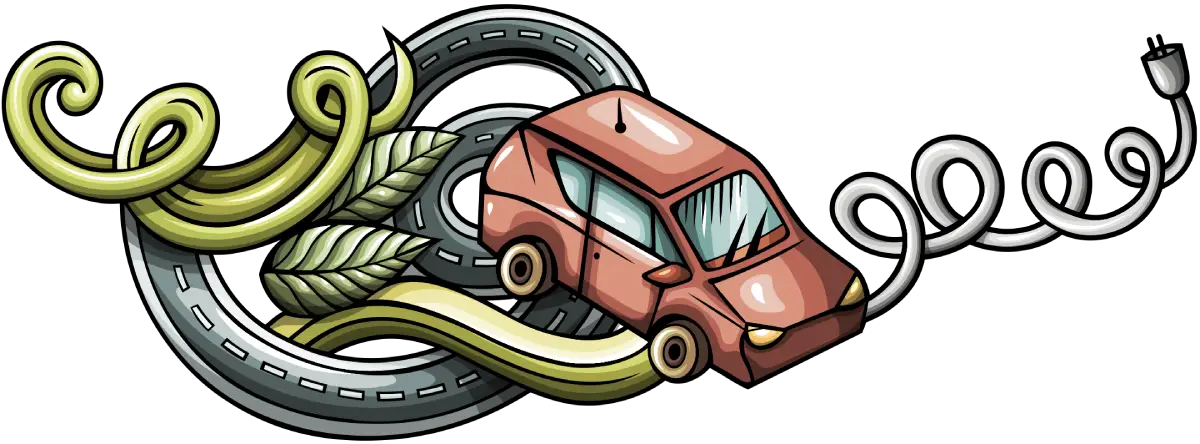
Batraw Project, funded by the European Commission under the Horizon Europe programme, will have total budget of €12,323,911 of which the European Union will grant a maximum of €9,786,739.
The 4-year project, coordinated by the Technological Centre LEITAT (Spain), also involves 17 other partners from 7 different countries.
BATRAW, “Recycling of end of life battery packs for domestic raw material supply chains and enhanced circular economy”, seeks to develop new technological processes for the recovery of Critical Raw Materials (CRMs) contained in electric vehicle batteries.
The 4-year project, coordinated by the Technological Centre LEITAT (Spain), also involves 16 other partners from 7 different countries.
BATRAW, “Recycling of end of life battery packs for domestic raw material supply chains and enhanced circular economy”, seeks to develop new technological processes for the recovery of Critical Raw Materials (CRMs) contained in electric vehicle batteries.

Of which, €9,786,739 are funded under the Horizon Europe programme and £297,762 by UKRI.
Of which, €9,786,739 are funded under the Horizon Europe programme and £297,762 by UKRI.

To deliver battery grade secondary Co, Ni, Mn, Li, C-graphite and benchmark recovered RMs in NMC811, MMC9½½ and LMNO cathodes versus cathodes containing primary RMs. Cost of the battery grade cathode material will be < 30 €/kWh and performance reported in a scientific publication.

To develop and demonstrate a blockchain platform for RM, product, and supply chain tracking within the scope of ongoing EC efforts and legislations on supply chain transparency and Battery Passport.
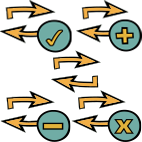
To build a prototype of second life battery from BATRAW sample and a tool for repair of battery packs and modules.

To feed the EC’s Raw Materials Information System (RMIS) by the IMS; to contribute to policies and standardisation in battery raw materials, processing, recycling, and waste in line with EU initiatives such as the Batteries Directive, Waste Framework Directive (2008/98/EC), and Circular Economy Action Plan, all met in 2-3 policy briefs and associated dossier.
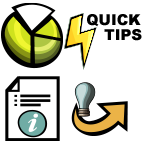
To develop and deliver eco-design guidelines on pack manufacturing supporting better repair and dismantling of large battery packs.

To fully substantiate an exploitation and business plan that takes a broad EU-wide focus, including Circular Business models, for the successful implementation of BATRAW innovative dismantling and recycling processes.
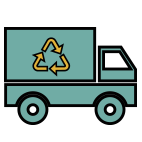
To develop and deliver guidelines and best practices for safe handling and transport of end-of-life battery waste.

To quantify environmental impacts and benefits of BATRAW results by LCA study and engage stakeholders and EU citizens in the BATRAW results.
The BATRAW project includes two pilot tests with electric vehicle batteries. These can be extended, depending on the results, to other types of batteries, including domestic batteries; to recover all the metals and materials contained in them, i.e. cobalt, nickel, manganese, lithium, graphite, aluminium, and copper. Key information captured during the project will be made accessible to all stakeholders via a digital battery passport, stored on the Minespider blockchain.

As the end of 2024 approaches, we reflect on the contributions made by RECYCLIA, the leader of Communication and Dissemination (C&D) activities.

In november, our partner, @Isle Utilities is exploring new business models to unlock the full potential of the #BATRAWproject, maximizing impact & driving progress toward

In the BATRAW project the shipment of sample batteries is frequent, making it essential to establish clear guidelines on battery pack handling and transportation.
Members of the consortium will attend different conferences, workshops, seminars in order to disseminate to the broad targets the goals and achievements of BATRAW.
Project partners will be encouraged to present their achievements in related conferences, workshops, summits, meetings and exhibitions.
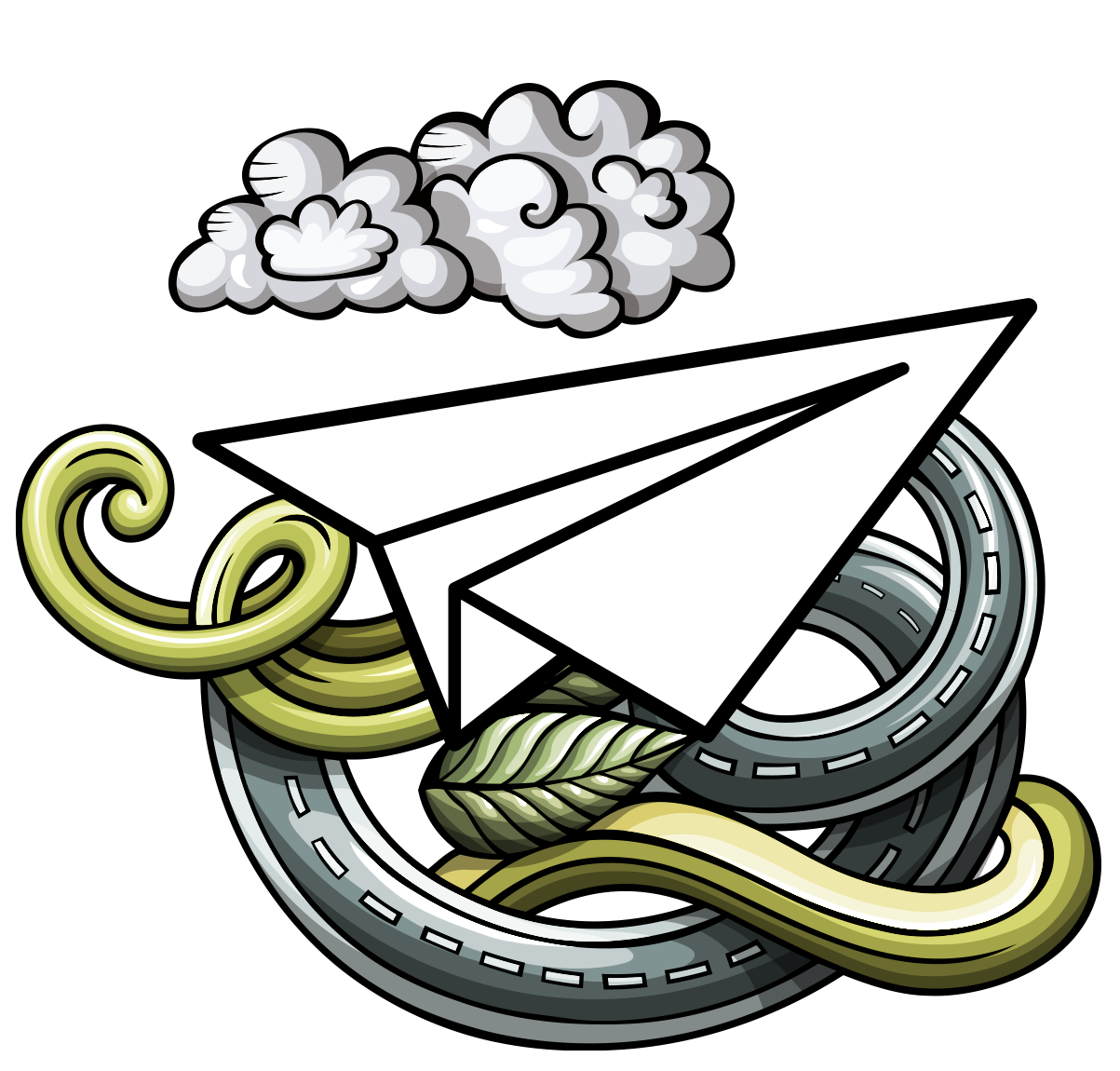
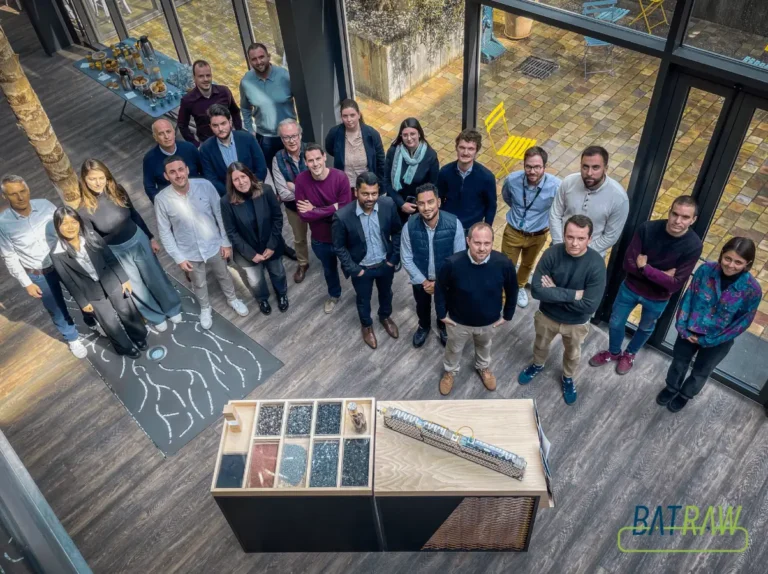
What an eventful week! 🤩 Our semi-annual General Assembly has taken place near Lyon on Wednesday and Thursday last week 📆😎Thanks @MTB for hosting it

This November, our 4th General Assembly will take place in the capital of Europe, Brussels! At the same time, the European Commission is celebrating the Raw Materials Week.
As one of the satellite events organized during the week, CEPS is preparing an in-person policy event on the Battery Passport.
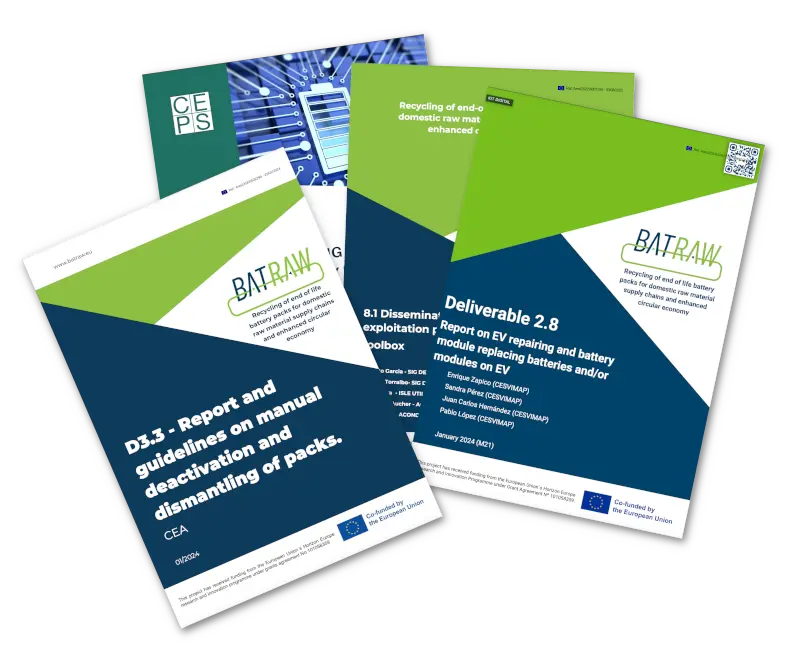
You can unsubscribe at any time.
BATRAW‘s main objective is to develop and demonstrate two innovative pilot systems:
1.- Sustainable recycling and end of life management of Electric Vehicles (EV) batteries
2.- Domestic batteries, and battery scraps contributing to the generation of secondary streams of strategically important Critical Raw Materials (CRMs) and battery Raw Materials (RMs).
The results of BATRAW are of strategic importance within the prospects of the exponentially growing EU battery market. In addition, BATRAW also plays an important role in reducing the EU’s dependence on critical raw materials (CRM).
The project will further promote the overall sustainability and circularity of battery products and raw materials by developing new procedures for the repair and reuse of batteries. This will enable faster diagnosis and conversion of electric vehicle packs into second life batteries, the delivery of eco-design guidelines for battery manufacturing, the demonstration of the blockchain platform for raw material tracking and supply chain transparency (Battery Passport), as well as the delivery of guidelines for safe transport and handling of battery waste.
BATRAW aims to maximise market uptake and impact through an ambitious Communication, Dissemination and Exploitation (C,D&E) plan including circular business models, innovation workshops, dissemination on EU platforms, policy briefs and other strategies to reach markets and stakeholders.
The project is aligned with the objectives of the proposed EU Regulation on batteries and waste batteries. This regulation, now under discussion, would require all batteries placed on the EU market, including those for electric and hybrid vehicles to be managed in a sustainable manner at the end of their useful life and serve as a source of secondary Raw Materials (RMs) for sectors such as the automotive and renewable energy and low-carbon technologies.
